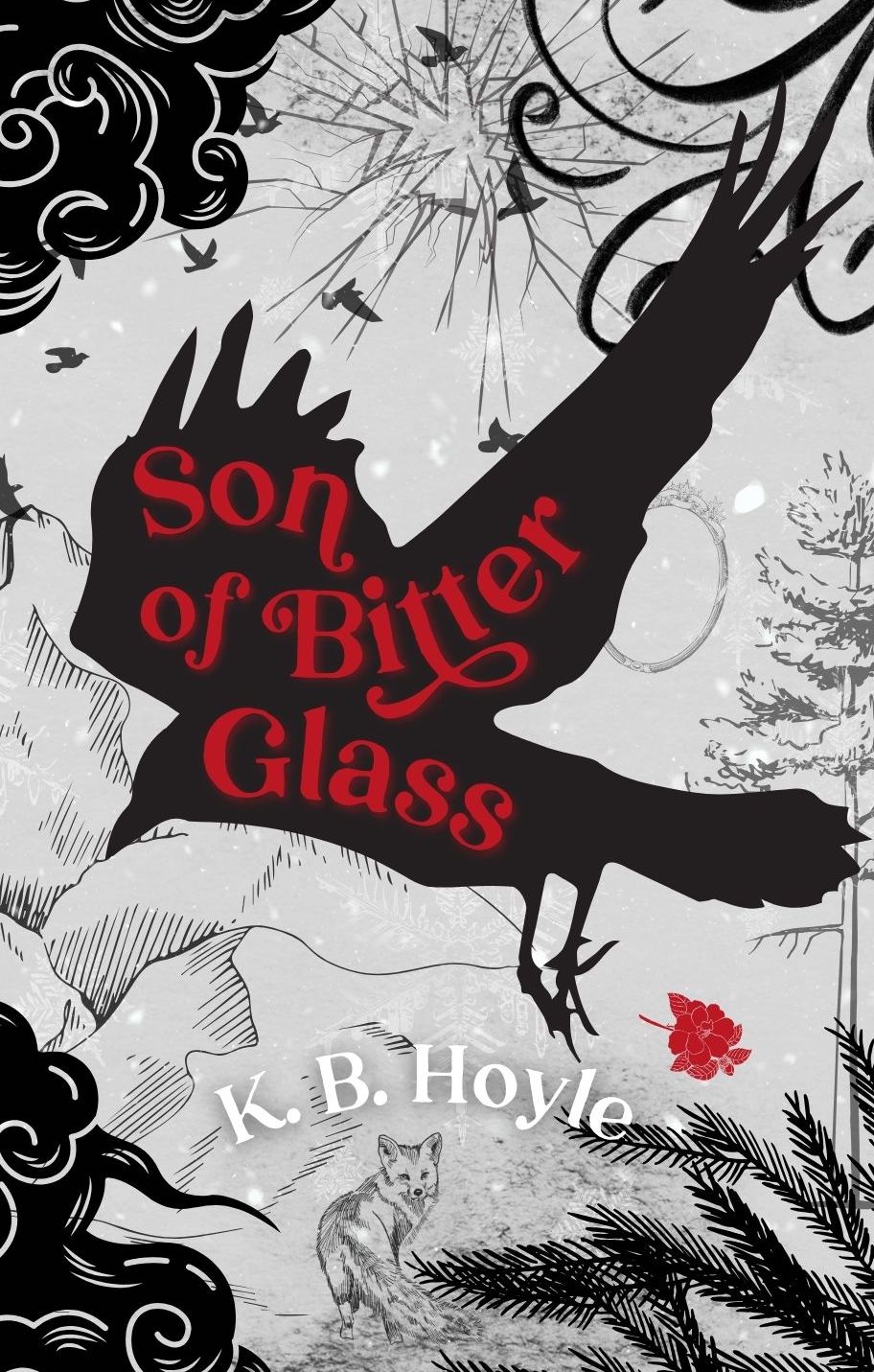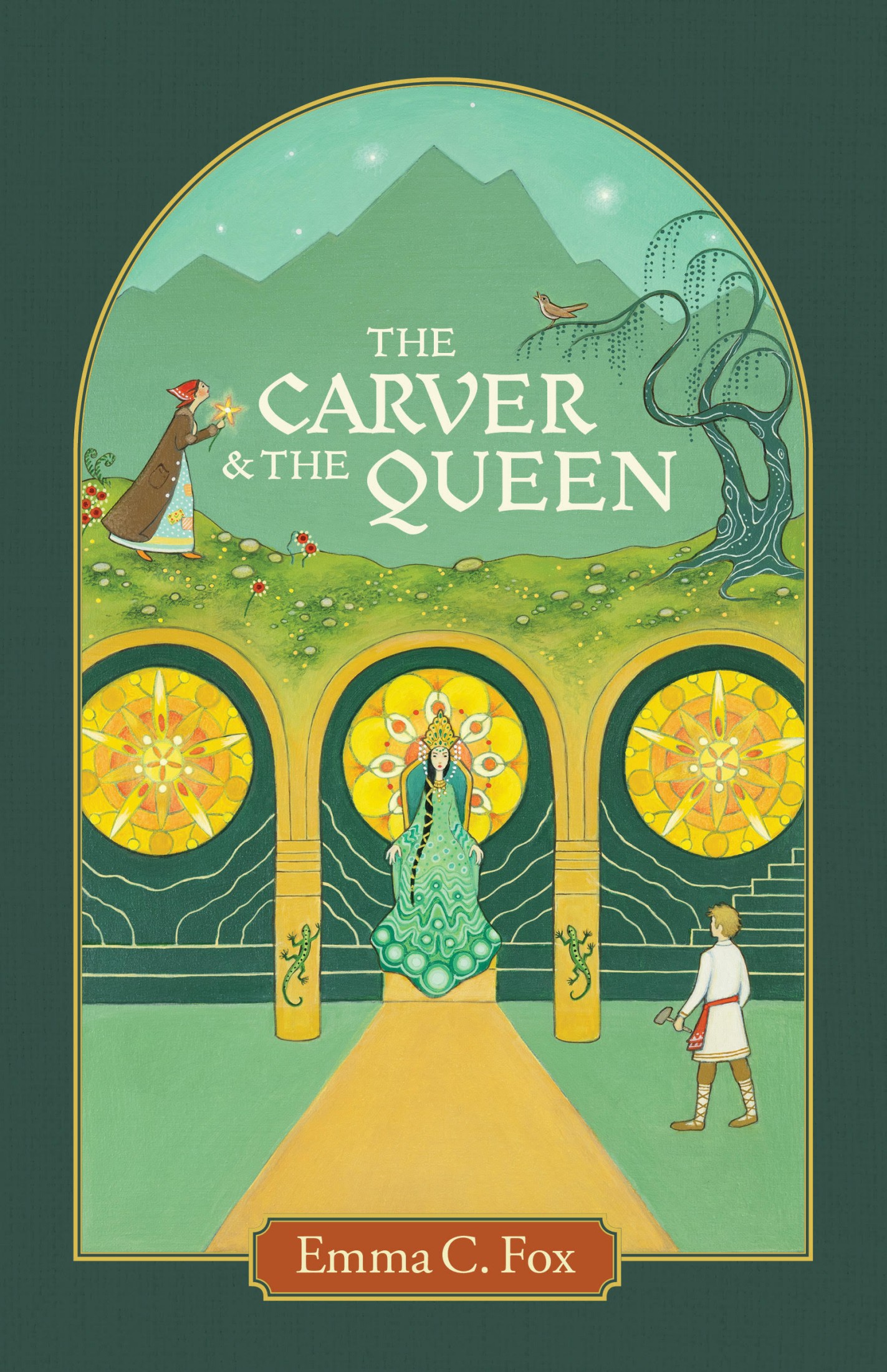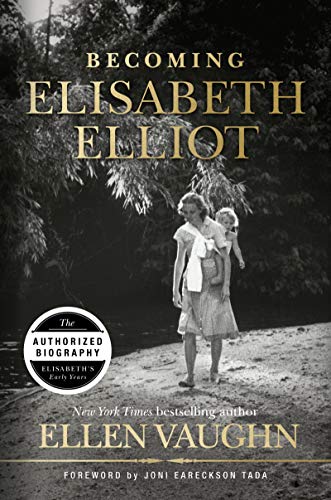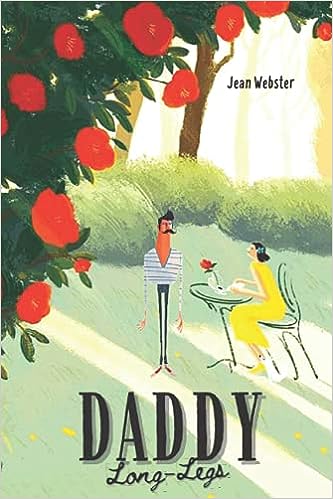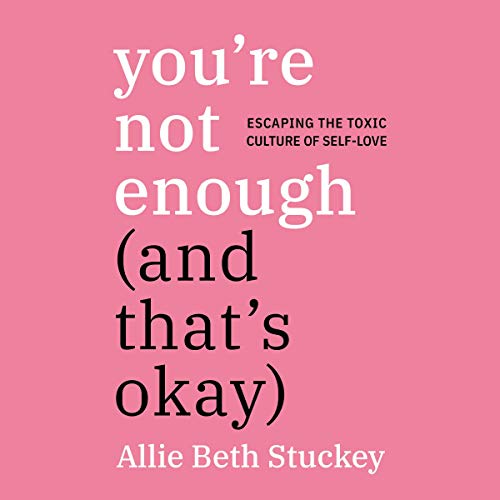 Arnault walks out of prison after more than twenty years. Though falsely accused of murder, Arnault quietly did his time and now has the opportunity to begin life anew. Yet this proves to be difficult as the city of Paris can’t see beyond his criminal history, false though it may be.
Arnault walks out of prison after more than twenty years. Though falsely accused of murder, Arnault quietly did his time and now has the opportunity to begin life anew. Yet this proves to be difficult as the city of Paris can’t see beyond his criminal history, false though it may be.
Arnault proves his humility and compassion, however, as he joins a migrant community. Bravery and love of his fellow man propels Arnault into the spotlight and drags to the surface both old and new crimes. Vagrants and rampant crime hiding on the periphery of Pairs ultimately brings young lawyer Lucy into Arnault’s life. Together, they bring about justice, though the journey to get there is painful and full of difficulty.
A Modern Les Misérables
At first glance, I was tempted to label this book as a light noir thriller due to the darkness that seems to hover around the plot and the grim portraits of certain characters. However, I think I would have to reclassify it as part legal thriller and part Les Misérables. By the time I reached the third page I felt like I was revisiting my old friend Jean Valjean. It tastes strongly of Victor Hugo’s classic.
The Man Without Shelter by Indrajit Garai presents us with two characters. These two characters (though imperfect human beings like the rest of us) shine like diamonds on a black backdrop. The muck and filth that they must wade into whether as a lawyer in court, as a temporary protector in a migrant camp, or as an emergency responder, only serve as situations to strengthen the luster of their morality. Arnault is a breath of fresh air to those around him as he settles in the migrant community while Lucy continues to set aside old patterns of judgment and bias as she spends time around those less fortunate.
Arnault’s courage and Lucy’s compassion are admirable qualities that Believers should applaud. These characters are good! Yet, the story that these characters endure comes with some big pills to swallow. Rape, prostitution, rampant crime, violence, murder, and numerous shady characters come in one neat package. Yes, I said neat. While all these topics are present, the narrative is written in a way that keeps the reader at a distance. We come close enough to these topics to see the complicated and horrific lifestyles endured by those who have no true home and none to shelter them.
To put it another way, this is a clean book that deals with an unclean topic. I doubted at first whether this author understood how to write conversation and character interaction – this novel is almost entirely narrative. However, whether he meant to or not, the author’s craft of the narrative keeps the reader from getting too close to the immorality endured by the characters. This gives the reader the opportunity to dwell instead on the principles behind the book. Though perhaps there are other intentions behind this book, social action seems to be a response called for not only by the plot but by Lucy and Arnault as well. These characters worked to change what they could where they were with what they had.
I am not an activist, and I don’t plan to be. However, after reading a book like this, I am reminded that we must do what we can with what we have right where we are. Are there homeless in your city? Do what you are able for them. Is there someone less fortunate than you who could use financial assistance or help finding a job or home? Take the time to come alongside them.
Believers should continue to take it a step farther – we should be the Lucys and Arnaults of the world, because of who Christ is to us and what He did for us. Is there a widow in your church who lives alone? Is there a young couple in your community in need of marriage counseling? Is there a man at work who is struggling to continue living? Is there a teenager in your life who is a functional orphan? Are there elderly who can no longer take themselves where they need to go? Is there a friend who lives alone and is struggling with cancer?
I could spend all day creating scenarios, but the point is this: are we taking the time and energy we have to care for those around us who need it, both within the church and without? Jesus told His disciples (and us) that we are the light of the world. Therefore we must shine before men that they may see our good works and glorify our Father who is in heaven! We must not forget why we do what we do! It is not, ultimately, so that they may see us and our work. No, it is so that they may see our Father in heaven!
To read or not to read . . .
I believe this book was translated and therefore the English and grammar at times is lacking. However, this does not damage the story itself in any way. While the majority narrative style works with the genre and length of this novel, I would enjoy seeing the author explore writing more conversation in the future. The writing, though pleasant, was not memorable beyond the callbacks to Les Misérables.
I didn’t skirt around the difficult subjects mentioned in this book. Nothing explicit is described or stated, though violence and crime are heavily implied and can be felt as you read. For Believers, there may be a better book for us to spend our time on. For instance, I would read Les Misérables again before I read this book again. However, for the every day reader, Indrajit Garai may present some interesting material and leave you with some food for thought.
The choice, dear reader, is yours.
Until next time, go read a book!
**I was given a complimentary copy of The Man Without Shelter to read and give a fair review.**
![]()
